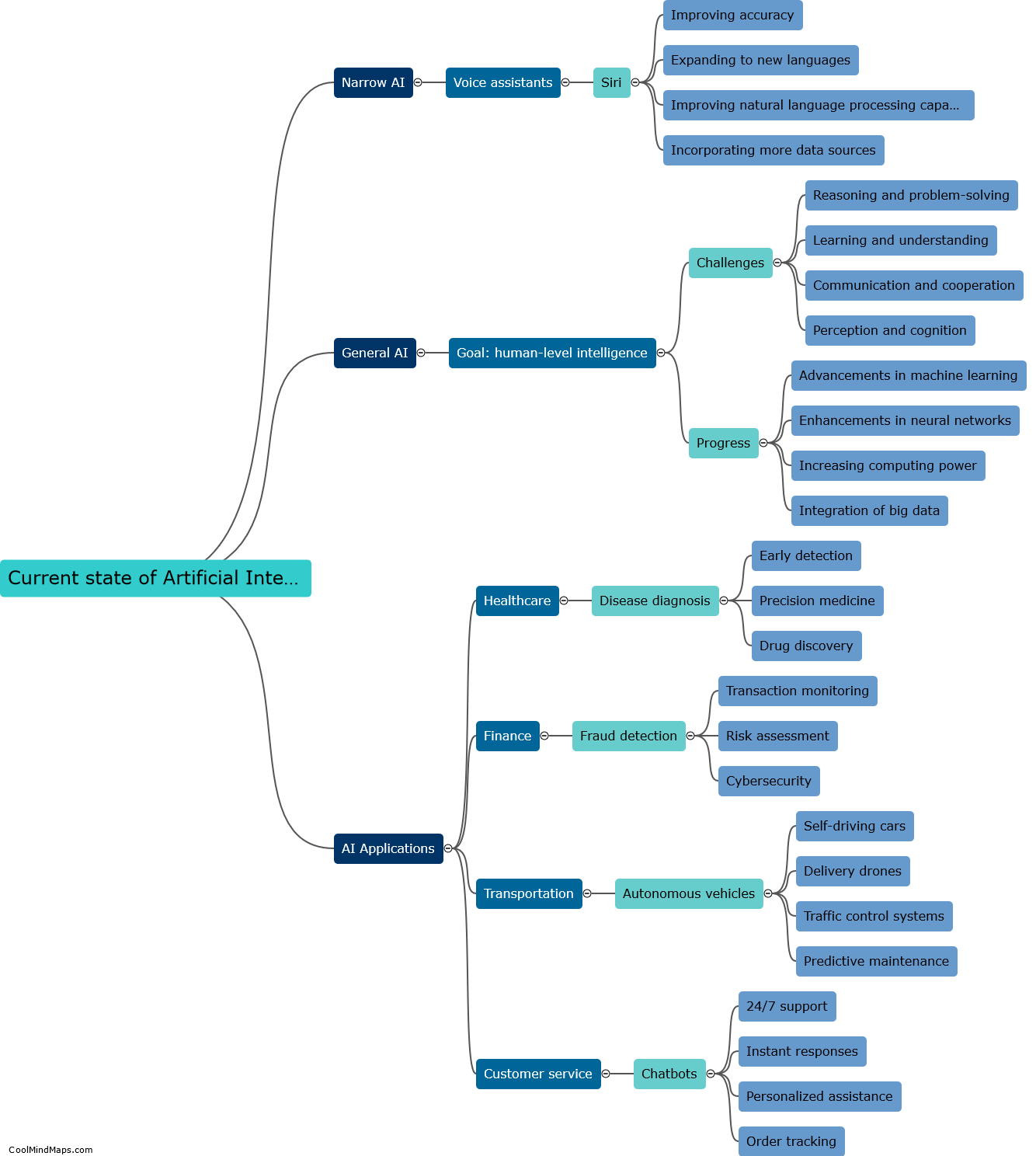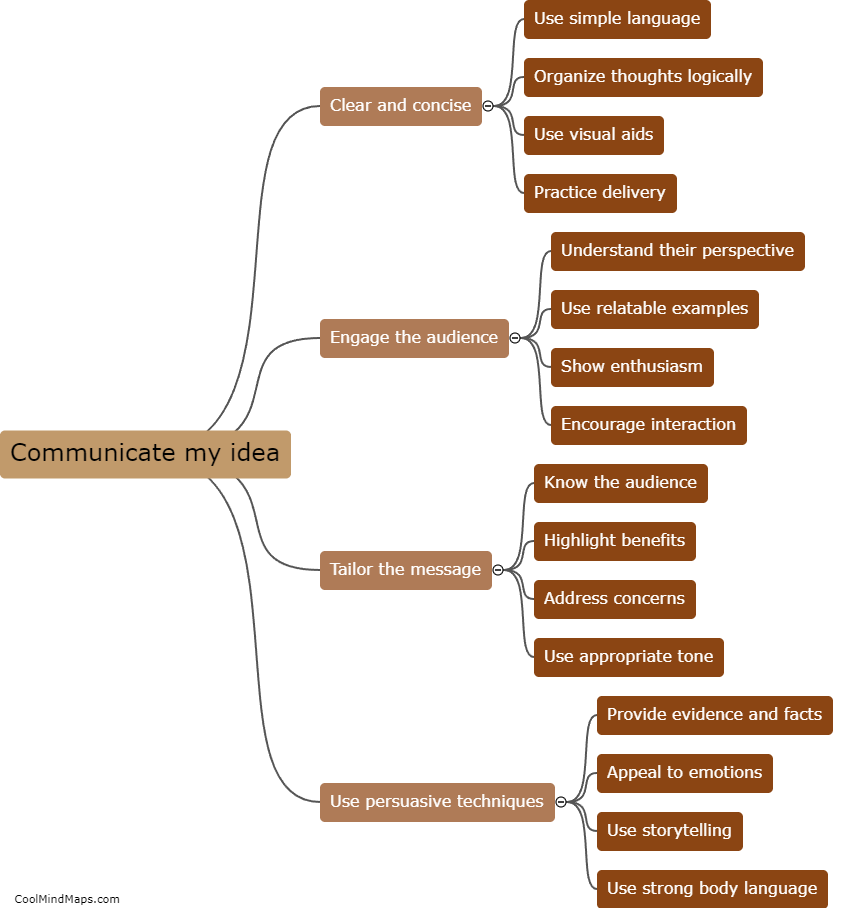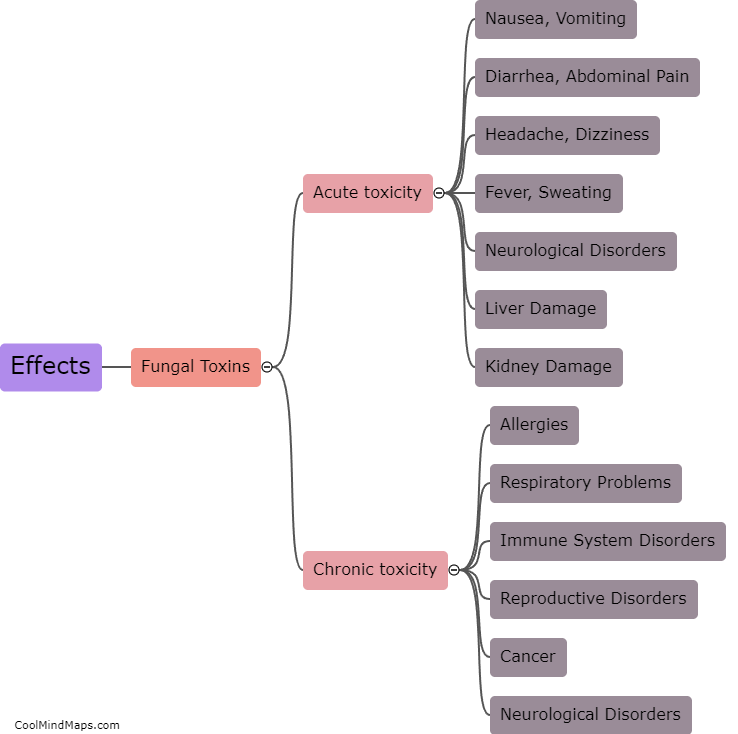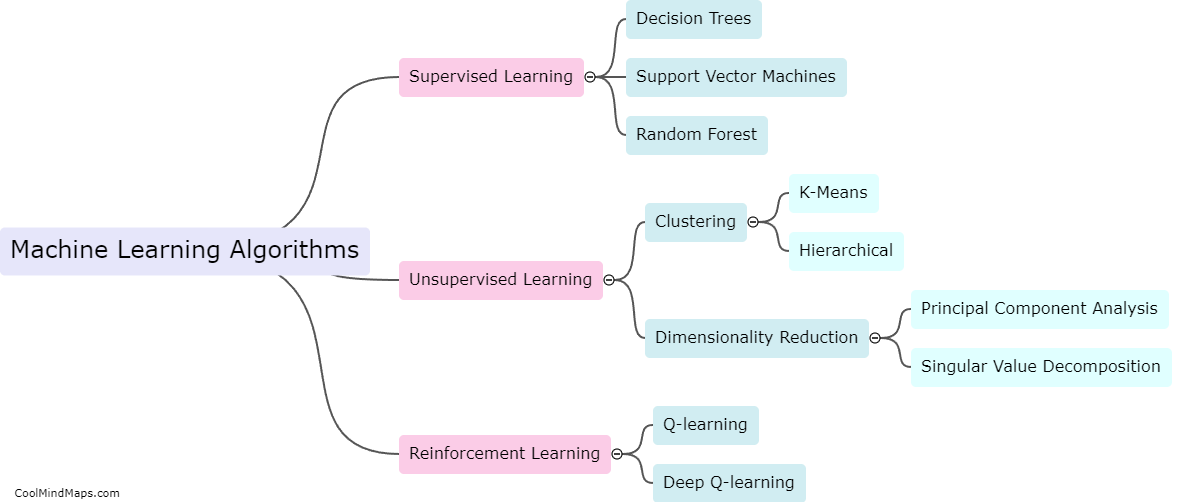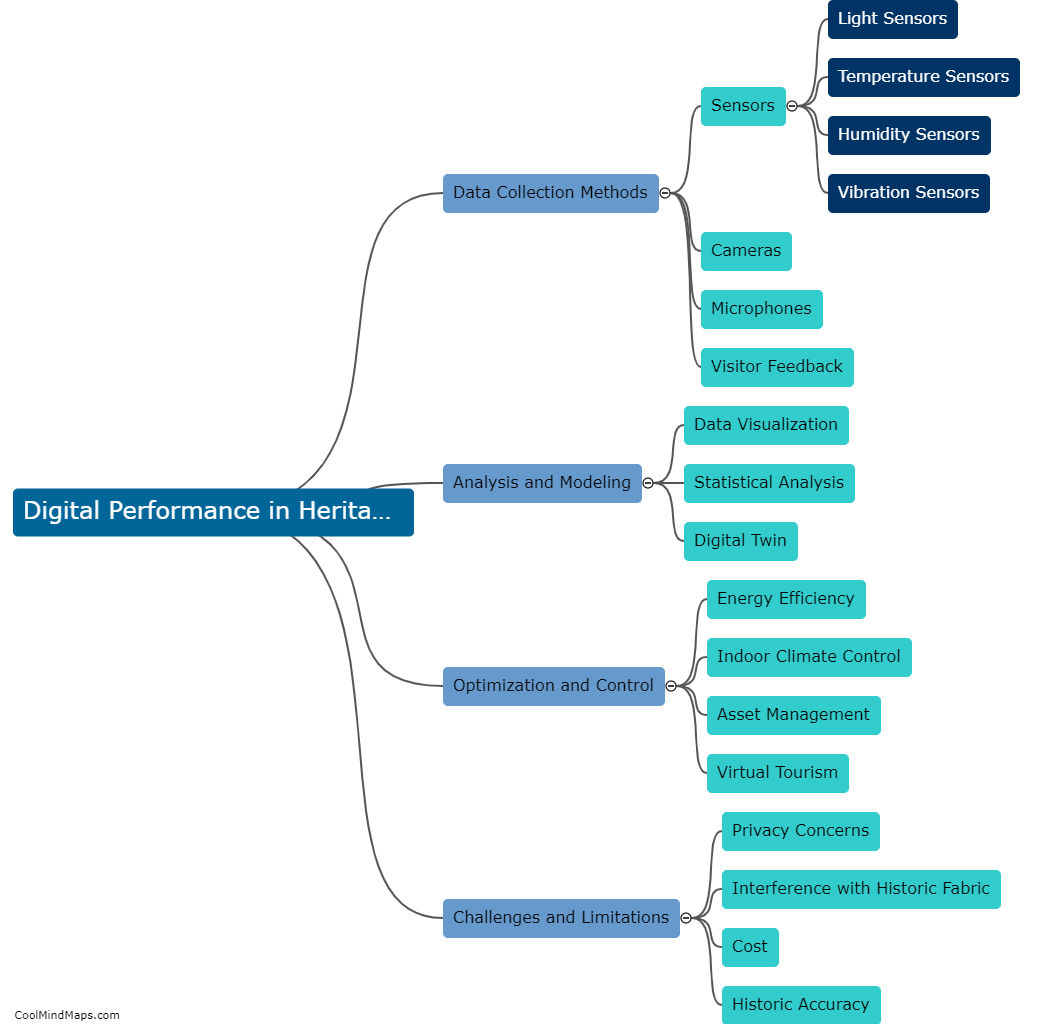What are the challenges in implementing machine learning for power system stability?
Machine learning has the potential to revolutionize power system stability by predicting and responding to disturbances faster than traditional control methods. However, implementing machine learning in power system stability presents several challenges. These include the requirement for accurate data and a deep understanding of the underlying physics of power systems. Moreover, machine learning models must be robust to variations in operating conditions and should be able to adapt to the evolution of the power system over time. Additionally, there is a need to ensure that the results obtained from machine learning models are interpretable to operators and engineers. Addressing these challenges is critical to harnessing the full potential of machine learning in power system stability.
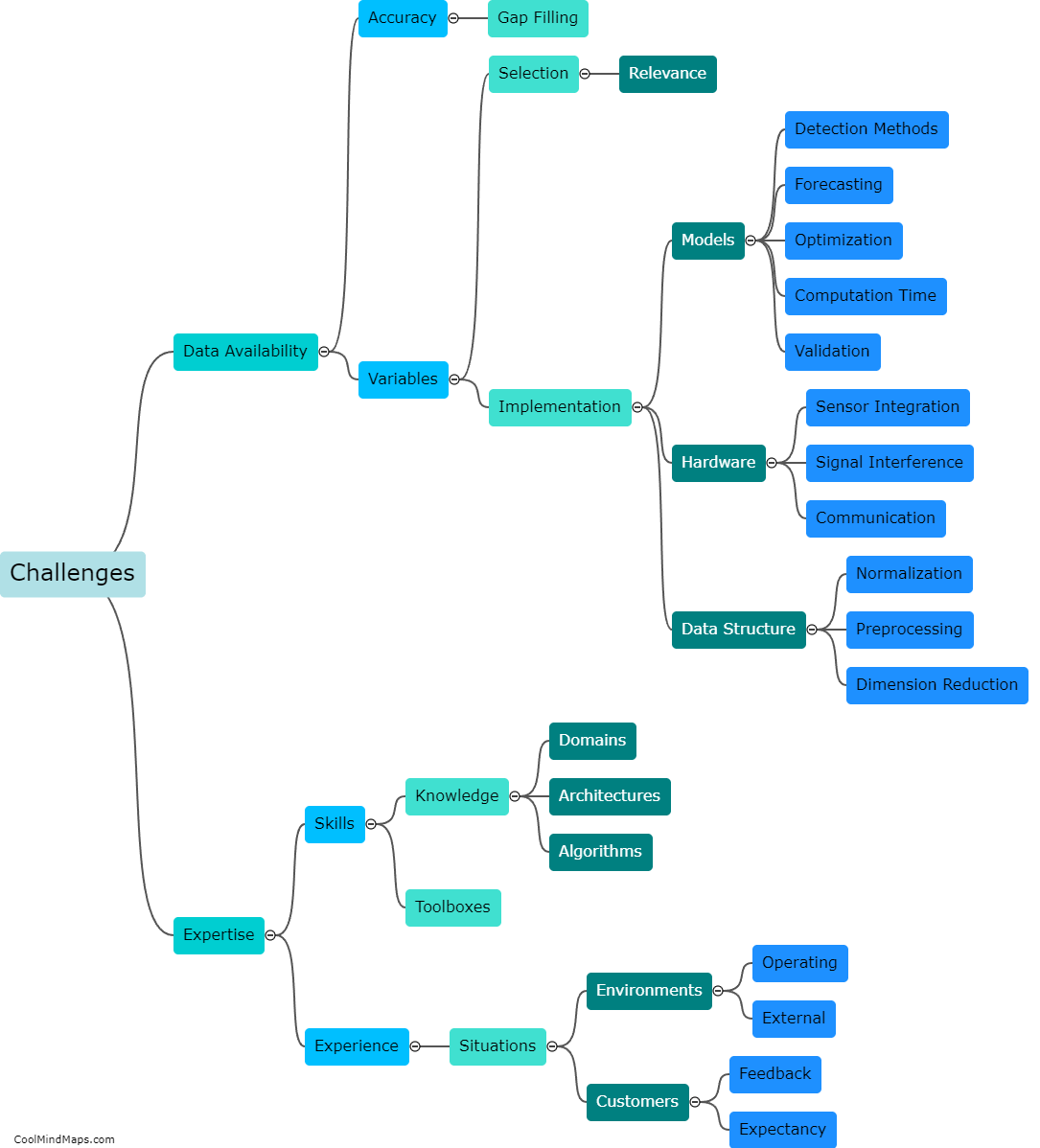
This mind map was published on 2 June 2023 and has been viewed 102 times.
